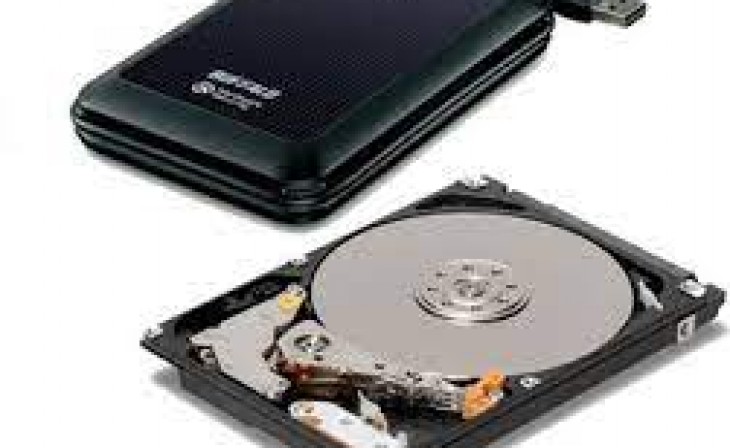Understanding the Difference Between Hard Disk and Hard Drive
What is a Hard Disk?
A hard disk refers to the physical component within a computer that stores and retrieves data. It consists of one or more circular magnetic disks, known as platters, which are coated with a magnetic material. These platters spin at high speeds while read/write heads move across the surface to read and write data. The data on a hard disk is stored in binary format, represented by magnetic particles on the platters. Hard disks typically connect to the computer's motherboard using a SATA (Serial ATA) or an older PATA (Parallel ATA) interface.
What is a Hard Drive?
A hard drive, on the other hand, refers to the entire storage system that includes both the hard disk and the associated electronics necessary for its operation. The hard drive encompasses the physical hard disk, the read/write heads, the motor that spins the platters, and the circuitry that controls the data transfer. It also includes the firmware and the controller board that facilitate communication between the hard disk and the computer. In simpler terms, the hard drive is the complete package that houses the hard disk and provides the means for it to function within the computer system.
Key Differences
Now that we have established the basic definitions, let's explore the key differences between a hard disk and a hard drive:
-
Components: The hard disk refers specifically to the magnetic platters and the read/write heads, whereas the hard drive encompasses the entire storage system, including the hard disk and the associated electronics.
-
Functionality: The hard disk is responsible for storing and retrieving data, while the hard drive manages the overall operation and facilitates data transfer between the hard disk and the computer.
-
Interchangeability: In everyday usage, the terms "hard disk" and "hard drive" are often used interchangeably, leading to confusion. However, it is important to note the distinction between the two when discussing technical aspects or troubleshooting storage-related issues.
Practical Considerations
When considering storage options for your computer system, it is essential to understand the practical implications of hard disks and hard drives:
-
Upgrades and Replacements: If you are looking to upgrade or replace your computer's storage, it is the hard drive that you would typically replace. Swapping out the entire hard drive allows for a seamless transition to a higher-capacity or faster storage solution.
-
Troubleshooting: When troubleshooting storage-related problems, it is crucial to identify whether the issue lies with the hard disk or the hard drive. Understanding the distinction can help pinpoint the source of the problem and facilitate more effective troubleshooting.
Also Check TP-Link 300Mbps 2.4GHz Wireless 3G/4G Portable Router
Conclusion
In conclusion, the difference between a hard disk and a hard drive lies in their scope and functionality. While a hard disk refers specifically to the physical storage component within a computer, a hard drive encompasses the entire storage system, including the hard disk and the associated electronics. Although the terms are often used interchangeably in casual conversations, it is important to recognize their distinctions when discussing technical aspects or troubleshooting storage-related issues.
By understanding the difference between a hard disk and a hard drive, you can make more informed decisions when it comes to managing your computer storage. Whether you are upgrading your storage capacity, troubleshooting issues, or simply deepening your understanding of computer systems, the knowledge of these fundamental distinctions will prove invaluable in your computing journey.




